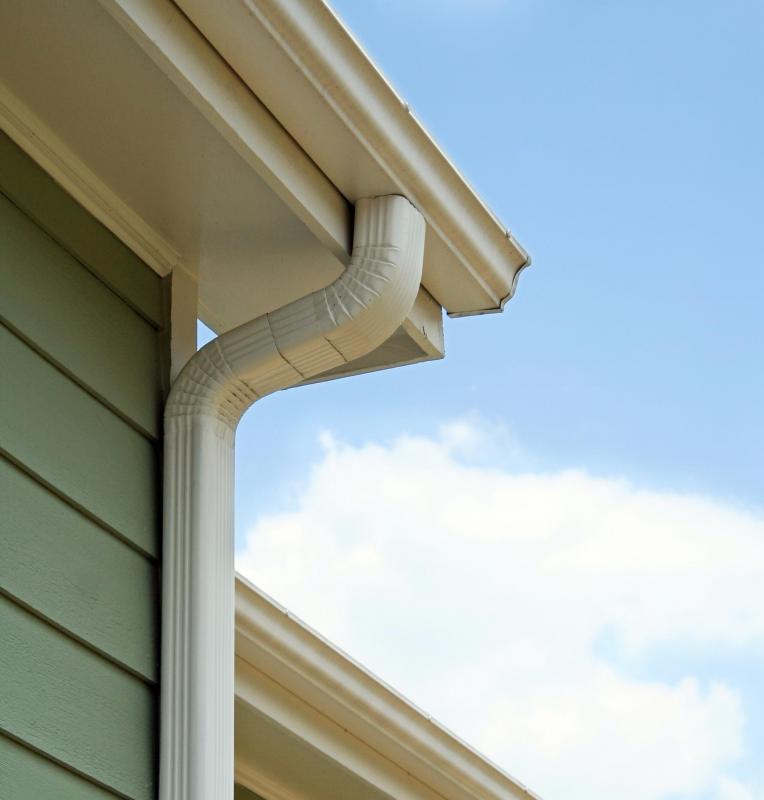At WiseGEEK, we're committed to delivering accurate, trustworthy information. Our expert-authored content is rigorously fact-checked and sourced from credible authorities. Discover how we uphold the highest standards in providing you with reliable knowledge.
How can I Protect my Home Against Flooding?
Preventing your home from flooding is extremely important. Water damage can be expensive to repair and cause harmful mold. The first thing to do relating to flood prevention is to understand where and in what ways your home is vulnerable to flooding. Proper maintenance and regular checks are important tools in flood prevention.
Flooding caused by burst pipes is common. The most common cause of burst pipes is from freezing. Be sure to find out the best way to protect your particular pipes from freezing by doing proper winter maintenance. Clay pipes tend to cause more floods than polyvinyl chloride (PVC) or acrylonitrile butadiene styrene (ABS). Very inexpensive valves such as backwater valves can be installed to prevent sewer backups.

Check the outside drainage system. Groundwater should not be soaking through the soil. Homes located in areas with soft earth or in valleys may be especially susceptible to flooding. If your home is located in an area where melted snow and rain are running toward the home, this can be a real problem. The solution is to have an adequate drainage system that moves rain and snow away from the home.

Drains should be checked regularly for clogs and cracks. Basement drains are a common source of flooding. If the home is located in a flood prone zone, support such as floodwalls may be needed to block flood water from entering. The furnace, water heater and electric panel should be raised up. Musty-smelling basements are a clue that homes may be prone to moisture problems and sealing around doors and windows may help prevent water leakage.

Overflowing bathtubs and sinks also cause water damage in homes. An important way to prevent flooding from these sources is to never leave a room unattended when you have water running. Turn off the taps if you have to leave the room. Overflowing toilets are another problem and are difficult to prevent. Keep a plunger stored in the bathroom and never flush paper towels, feminine hygiene products, cat litter or products other than toilet paper.
AS FEATURED ON:
AS FEATURED ON:

















Discuss this Article
Post your comments